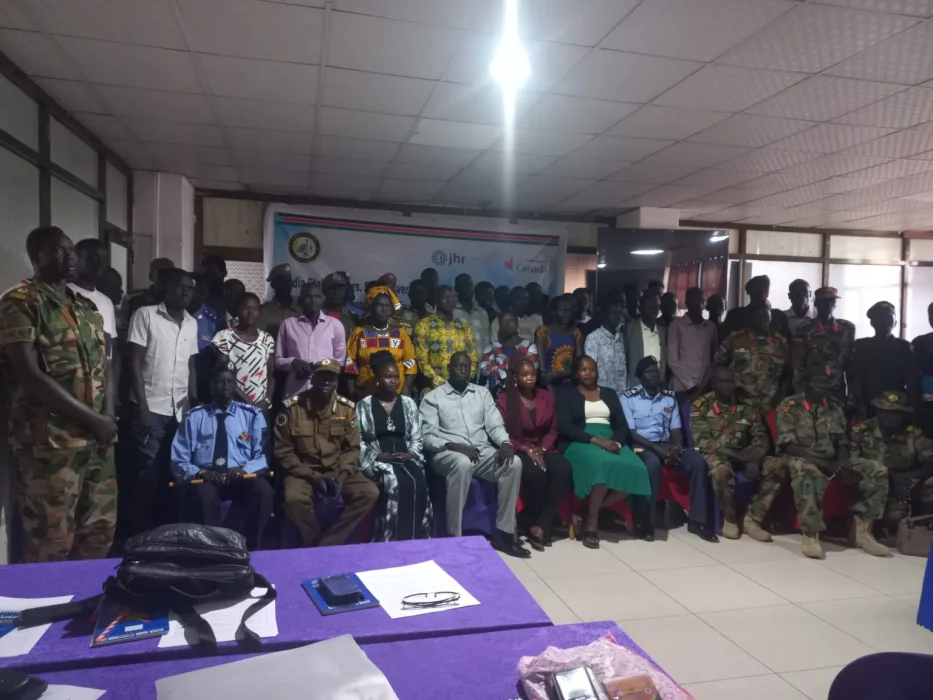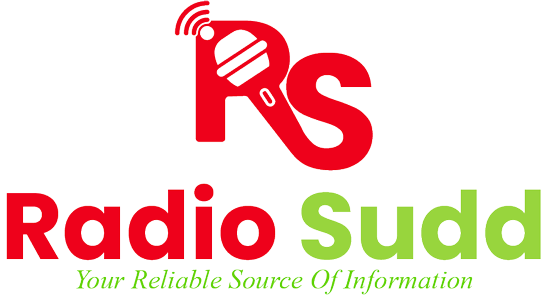
By Deng Ghai Deng
Despite numerous training workshops, community dialogues and awareness campaigns aimed at controlling the spread of false information, misinformation continues to fuel tension and violence in Jonglei state and the neighbouring Greater Pibor Administrative Area (GPAA).
In early August, a rumour of an imminent cattle raid swept across Jonglei. Circulated widely on Facebook and WhatsApp, the false report triggered panic and accusations between ethnic groups, reigniting long-standing mistrust among the Dinka, Nuer and Murle communities.
“Misinformation is a silent killer,” said Jacob Werchum, minister of information for the GPAA. “It spreads fast, stirs up anger, and can provoke violence without warning. It’s more dangerous than any weapon.”
On August 14, a deadly attack at Mogiri market left at least 10 people dead in what local officials described as retaliation for an earlier, unverified social media post. The post falsely claimed that Dinka communities in Bor were preparing to launch an assault, an allegation that was later proven baseless by Jonglei state authorities.
Authorities say the danger also lies in who shares misinformation.
“Unfortunately, many young people are not using social media responsibly,” Werchum said. “Even officials sometimes make public statements without verifying facts. This kind of behavior fuels division and can escalate into violence.”
A Pibor resident, who requested anonymity out of fear of reprisal, described the constant fear driven by rumors.
“We are always on edge. A single rumor can make everyone prepare for battle. Even if it’s not true, the fear is real. Sometimes that fear turns into violence,” the resident said.
In an effort to combat the problem, Jonglei’s Ministry of Information and Communication partnered with the Media Authority and Journalists for Human Rights (JHR) to host a high-level roundtable in Bor in May. The forum, titled “The Role of Independent Media in Combating Hate Speech,” brought together journalists, security forces and government officials to develop strategies for curbing misinformation.
Simon Manyok Deng, human rights advisor for Jonglei state, said despite ongoing training and engagement, the lack of regulation over social media platforms makes progress difficult.
“You can train people all you want, but if someone can sit alone in a room, turn on their data, and post something false, the damage is already done,” Manyok said.
He recalled a social media campaign called “Think Before You Click” run by #Defyhatenow which encouraged users to pause before sharing content.
“When you click, you’re not just clicking into your room—you’re clicking into the world,” he said. “If you come across something and don’t want to verify it, don’t share it. Let professional journalists do the cross-checking.”
Manyok urged journalists, civil society groups and activists to commit to promoting verified, truthful information.
“This is our country. We don’t have another South Sudan. Let’s build this one with facts, not falsehoods,” he said.
Nyamar Lony, Jonglei’s minister of information, emphasized the growing importance of trained community fact-checkers in preventing violence.
“Our state has suffered too much from the consequences of false narratives,” Lony said. “These community fact-checkers are more than reporters, they are peacebuilders.”
Peter Ajak Ayom, a youth activist and Bor resident, said the training sessions have helped young people critically evaluate the information they encounter.
“We were taught to pause before sharing, question the source, and look for signs of a fake post,” Ayom said. “For example, there was a rumor that a specific ethnic group was being targeted on the road between Bor and Juba. We investigated the photos being shared and found they were from an old conflict.”
Ayom said his team used WhatsApp groups and local radio to spread accurate information and ease tensions.
“That act of verification stopped a potential cycle of revenge killings,” he said. “It showed us that we have the power to stop violence with information.”
As Jonglei continues to grapple with tribal tensions, climate-related pressures and economic hardship, many believe that the battle against misinformation will be one of the most critical in the region’s struggle for lasting peace.
Editor’s note: This report was produced with support from Journalists for Human Rights under the “Tackling Mis/Disinformation Project,” funded by the Peace and Stabilization Program of the Government of Canada.
